How To Capture The Perfect Shot: 7 Photography Tips For Complete Beginners
As a travel blogger, I had to recognize soon enough the power of photography in storytelling. As visual storytellers, photographers have the unique privilege of capturing moments, emotions, and narratives. How powerful is that?!
Both me and Kris started as complete beginners and, after spending years taking part to several classes and seminars, I’m excited to share 7 of the best photography tips with you. Whether you’re just starting your photography journey or looking to enhance your skills, mastering the fundamentals of photography will provide you with the ability to communicate powerful stories that resonate with viewers on a profound level. Keep reading to discover the best tips to capture stunning and captivating photographs!
1. Master composition
Composition is key to creating visually appealing photographs.
Ever heard of the “rule of thirds“? Divide the frame into a 3×3 grid, and place subjects or points of interest along the gridlines. This will add balance and visual interest to the image.
Don’t forget to experiment with perspectives! Shooting from low angles creates a sense of power, while high angles offer a unique viewpoint.
You can also play with different framing options. Framing techniques use elements within the scene, such as arches or foliage, to frame the subject and add depth and context.
Remember, don’t be afraid to break the rules and explore your creativity. Photography is an art form, and your personal vision should guide your composition choices!
2. Understand lighting
Lighting can make or break a photograph, having a significantly impact on the overall look and feel of an image.
Learning to observe and use natural light to your advantage is key.
Experiment with different times of the day. Each time offers unique qualities of light, such as the soft and warm tones during golden hour (early morning or evening) – personally, my favourite time of the day for shooting!
The angle and direction from which the light hits the subject can dramatically alter the image. Try shooting with the light hitting the subjects from different angles, and observe the difference. This can create different moods and emphasize the subject, so have fun with it!
You could also consider using reflectors, diffusers, or artificial lighting to manipulate and control the light in your scenes.
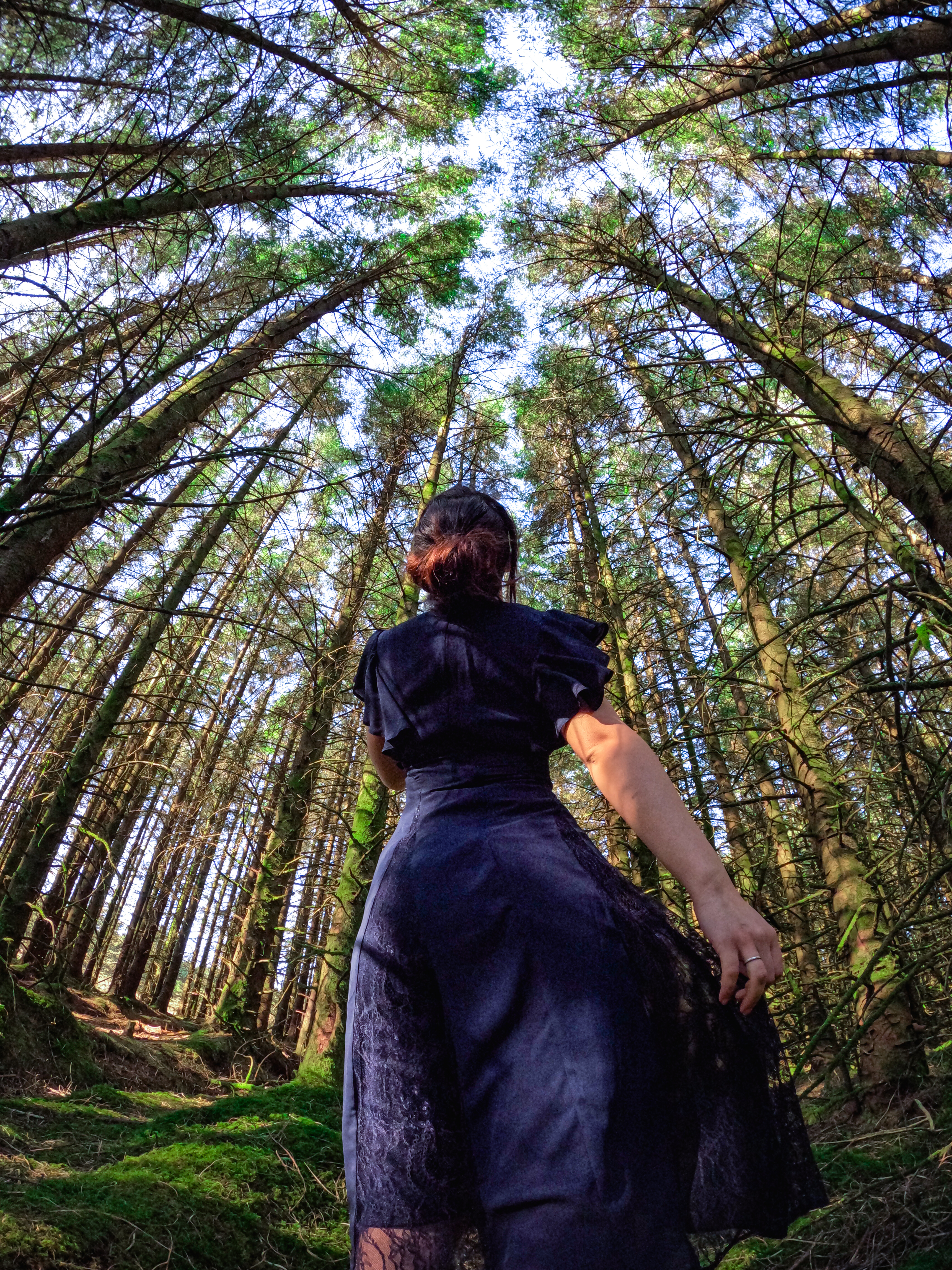
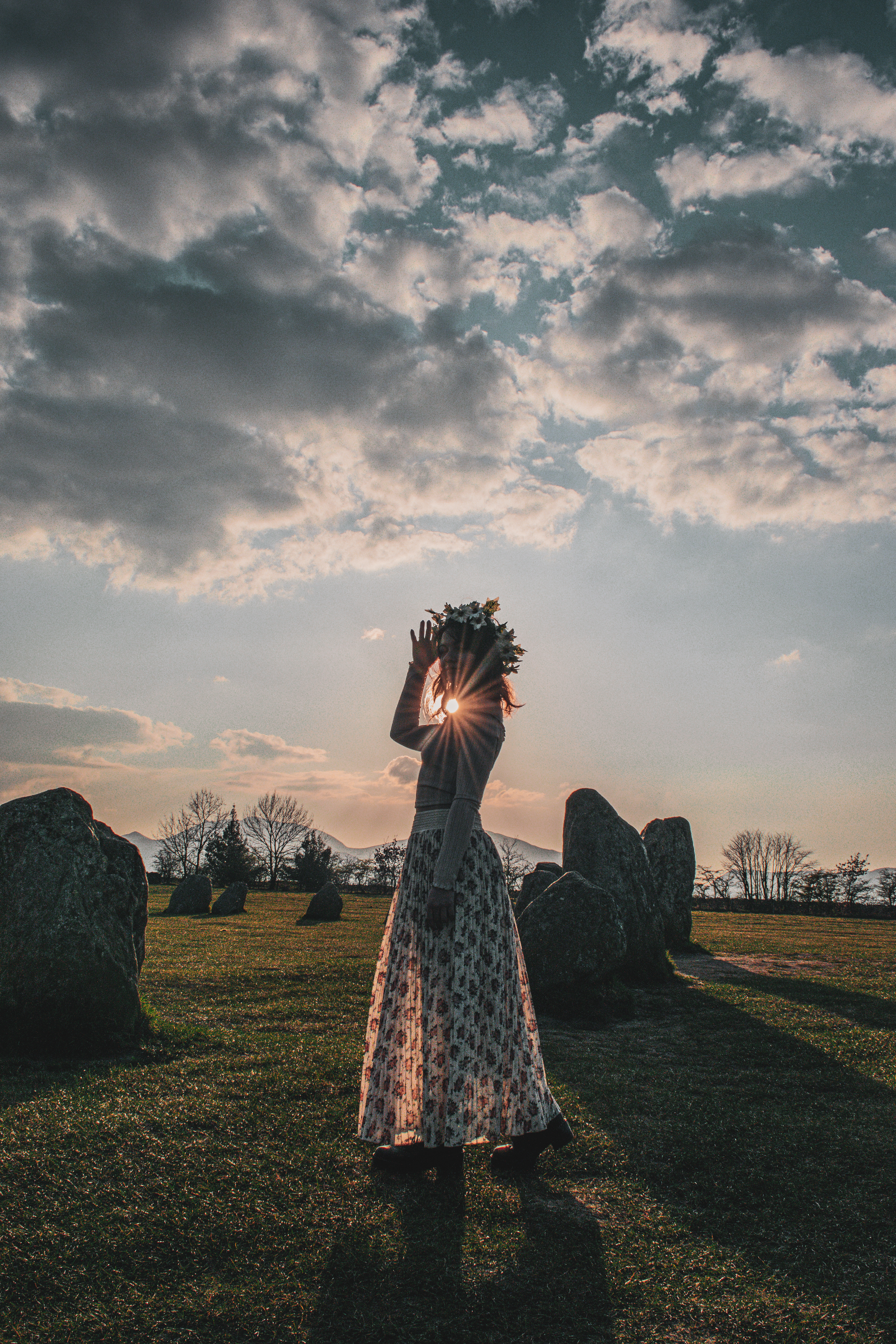
3. Learn and control your camera settings
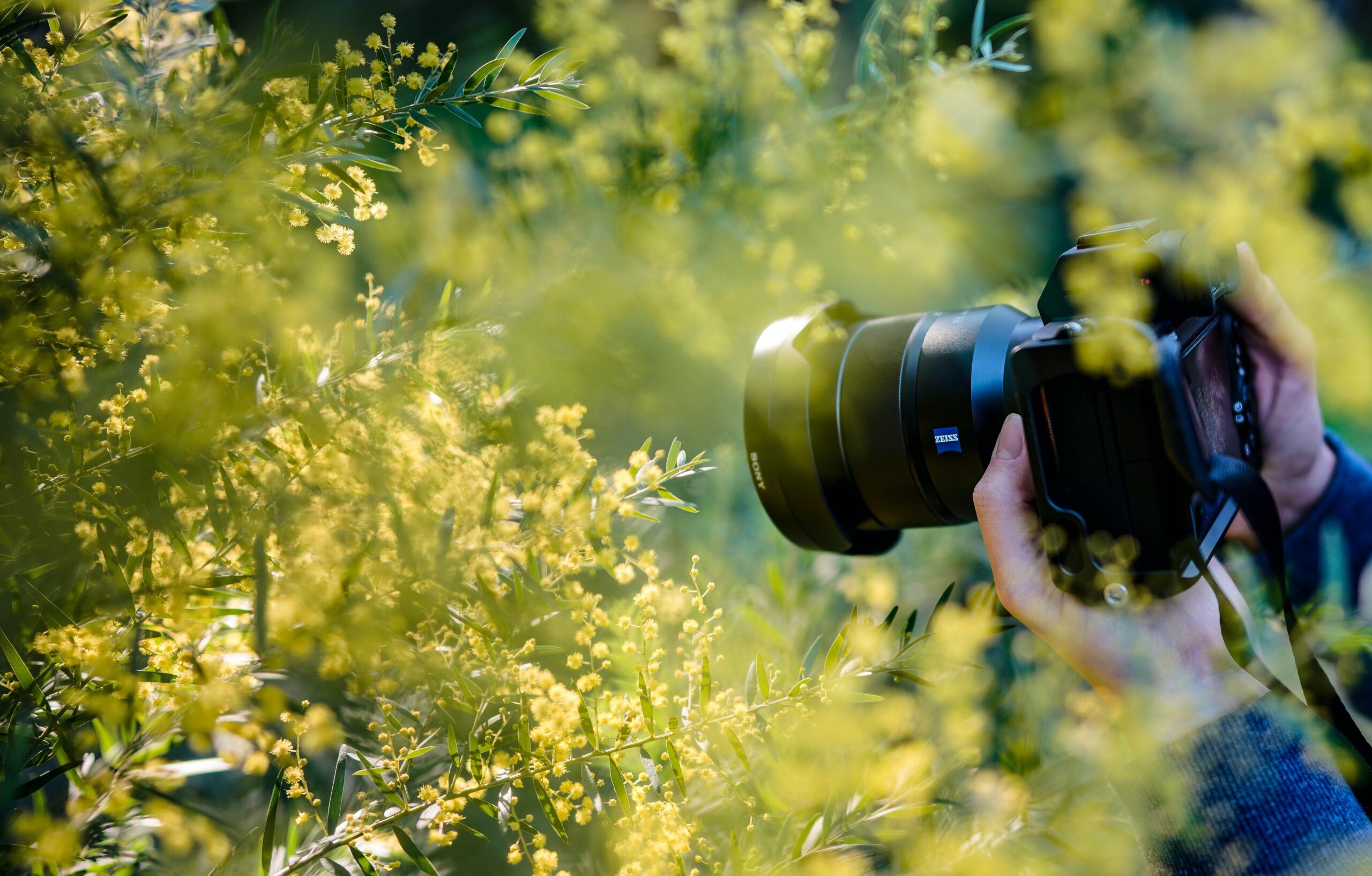
Understanding your camera’s settings is crucial for achieving the desired results. Familiarize yourself with concepts such as aperture, shutter speed, and ISO. Experiment with different settings to understand their impact on exposure, depth of field, and motion blur.
I know it’s a lot to learn, but trust me, it is easier than it sounds. Some of the most important settings are:
- Aperture: The lens opening that controls the amount of light and depth of field.
- Shutter Speed: The duration the camera’s shutter remains open, affecting exposure and motion blur.
- ISO: The sensitivity of the camera’s image sensor to light.
Remember: Shooting in manual mode gives you full control, but don’t be afraid to use semi-automatic or automatic modes when starting out!
4. Find your unique perspective
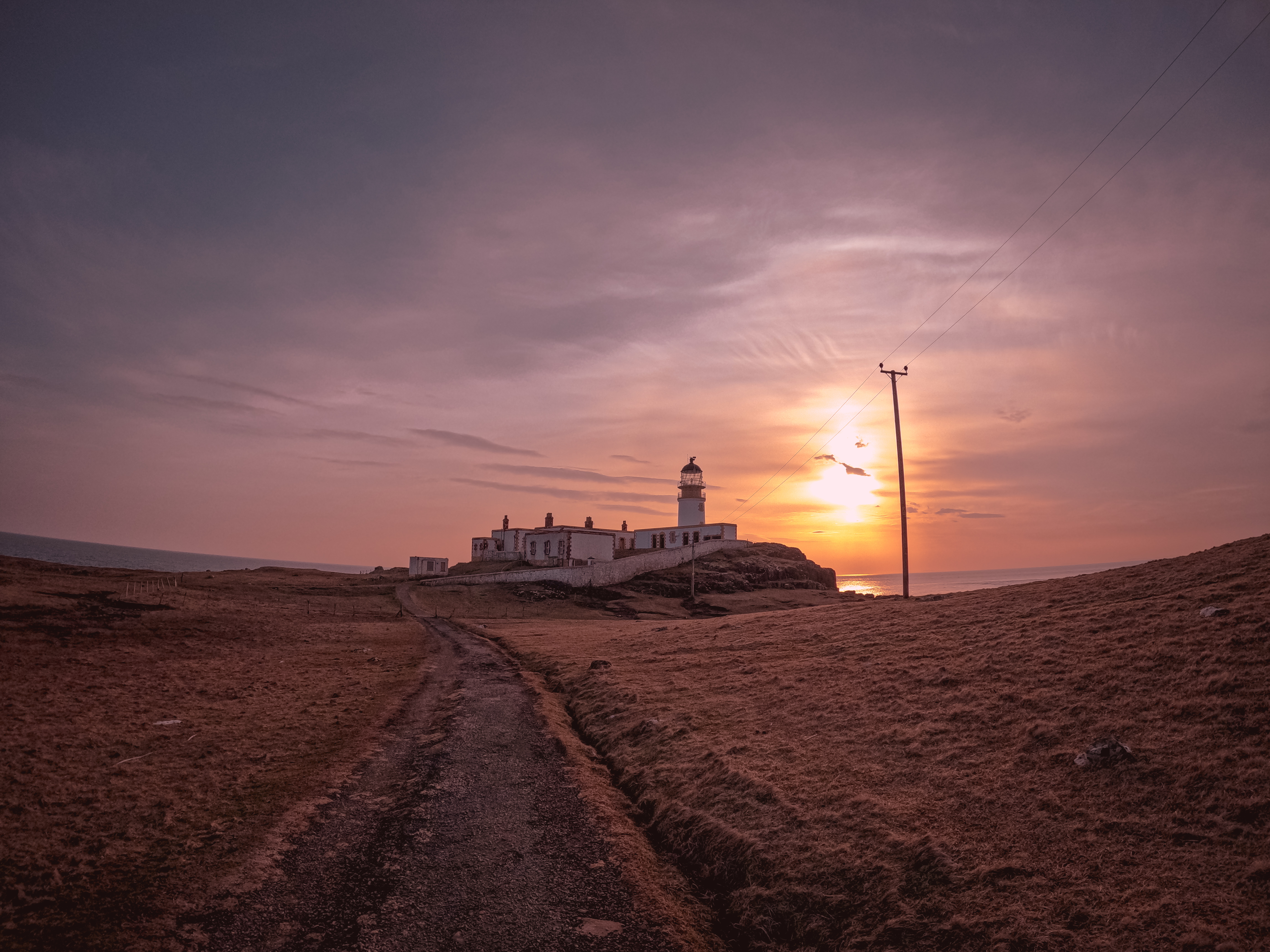
Developing your own photographic style is essential for standing out in a sea of images.
Experiment with different subjects, genres, and techniques to discover what resonates with you.
Don’t be afraid to think outside the box and capture everyday objects or scenes from unique angles or perspectives. Step out of your comfort zone and photograph a variety of subjects and genres.
Experiment with landscapes, portraits, still life, street photography, or any other areas that interest you. Try out various techniques to add creativity and uniqueness to your images, look for interesting viewpoints, and remember: photography is a form of self-expression.
Don’t be overly concerned with what others are doing or following trends blindly. Instead, tap into your own creativity and vision!

5. Practice patience and persistence
Photography demands patience and persistence to improve your skills and develop as a photographer.
Make photography a part of your daily or weekly routine. Dedicate time to shoot, even if it’s just a few minutes each day. The more you practice, the more familiar you become with your camera.
Don’t get discouraged by mistakes or unsuccessful shots. Embrace them as learning opportunities. Analyse what went wrong and identify areas for improvement.
Sometimes, I look at photographs I took years ago and, I must admit, they are terrible!!! It’s ok to step out from your comfort zone, experiment new techniques and make mistakes.
This is the only way to truly improve your skills!
6. Post-processing and editing
Post-processing can enhance your photographs and give them a polished look.
Learn the basics of photo editing software like Adobe Lightroom or Photoshop. I personally use Adobe Lightroom for mobile; it’s very easy to use, and it only takes a few minutes to enhance a photo and make it look spectacular!
Experiment with adjusting colors, contrast, and sharpness to enhance the visual impact. Use tools like the white balance adjustment, curves, and levels to achieve the desired color balance and tonal range.
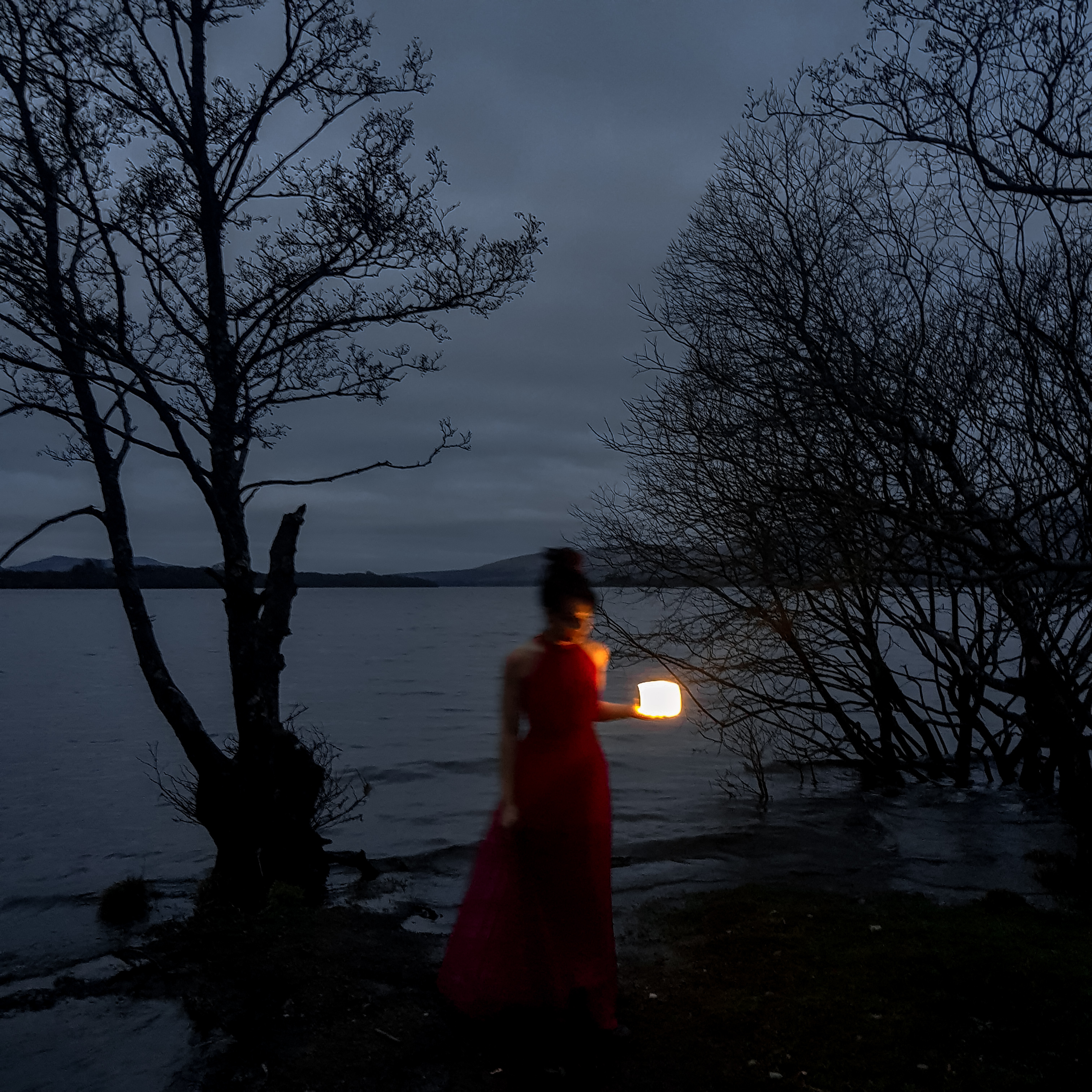
IMPORTANT! While post-processing can be a powerful tool, it’s important to maintain a balance and avoid excessive editing. The goal is to enhance the photograph while staying true to the original scene. Strive for a natural and realistic look, unless you deliberately aim for a more artistic or creative interpretation.
Experiment with different editing techniques and presets to achieve a signature aesthetic that reflects your artistic vision, and create a consistent look across your portfolio!
9. Study and learn from others
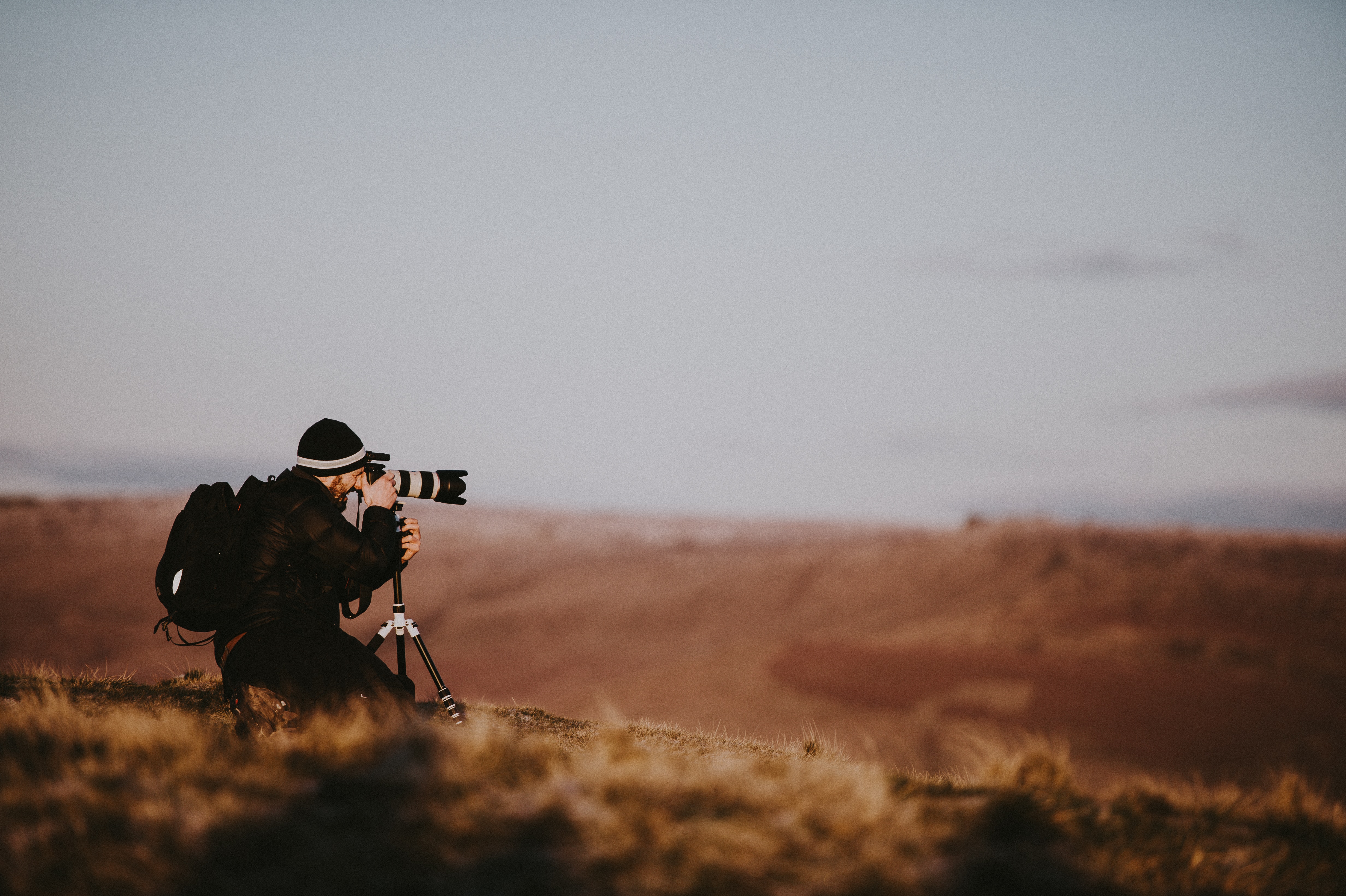
Expand your knowledge by studying the works of renowned photographers.
Read books, follow photography blogs, and attend workshops or online courses to gain insights from professionals. Analyze their techniques, compositions, and use of light to inspire and improve your own photography.
We found some of the best photography courses on SkillShare, but there are so many tutorials out there!
Remember, the goal is to gain inspiration, understand techniques, and develop your own unique style and artistic voice.
Are you ready!? Grab your camera!!
Photography is a continuous learning process, and the tips discussed in this blog post will help you progress on your journey.
Remember to practice, experiment, and develop your own unique style. With time and dedication, you’ll be able to capture breathtaking images that tell stories and evoke emotions.
So grab your camera, step out into the world, and let your creative vision unfold through the lens. Remember to have fun, and… Happy shooting!
Check out these similar articles!
Kikka
EDITOR IN CHIEF


